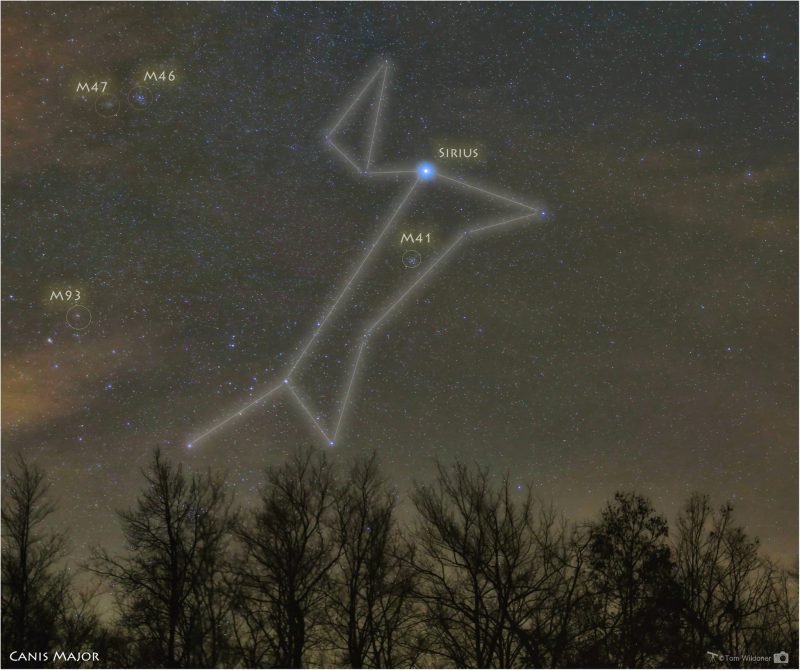“From the Fringes to the Mainstream: Conspiracy Theories and American Cultural Dis-ease”
Sometimes Coincidences are Too Tempting

The Rhetoric of Fear: Words, Weapons, White Supremacy
- Vietnam War (and the 1980s media that tries to “win” that war)
- CIA support for guerillas to topple non-Western governments
- 9/11 conspiracies
- The Tea Party
- Trumpism/
- Urban myths
- Pseudo-science (phrenology)
- Eugenics
- Anti-immigrant sentiment
- Firearms
- 4th-wave feminism
- Imperialism
- and more…
Humans are Storytellers
- Religious
- Political
- National
Plato’s Cave and Perfection

Nihilism
- Nietzsche was asked, “what’s wrong?” He responded, “nothing.”
- Origin Stories Provide Importance
- Mysticism Provides Comfort
- “They’re in a better place”
- “I’ll indulge through Tuesday but, then, abstain the rest of the semester” (or the next 40 days)
- Not Universal
Comfort, Paranoia, Dis-ease
- Voltaire: “claimed, “”Doubt is not a pleasant condition, but certainty is absurd”
- Just Because You’re Paranoid Doesn’t Mean They’re Not After You
- Hofstadter: “uses “the paranoid style…because no other word adequately evokes the sense of heated exaggeration, suspiciousness, and conspiratorial fantasy that I have in mind” (77)
- Walker: “not making a psychiatric diagnosis” but is “using the word paranoia colloquially” (18)
- Walker: “70 percent of the country believing a conspiracy was behind [JFK’s] death,” which dropped from 80% in 1983 (9-10)
Constellations
Just use your worldview to connect the dots…

PBS. “Ford’s Anti-Semitism.” American Experience.
- para 1: “Henry Ford’s anti-Semitic views echoed the fears and assumptions of many Americans in the late 19th and early 20th centuries.”
- para 3: “…distributed half a million copies to his vast network of dealerships and subscribers.”
- “As one of the most famous men in America, Henry Ford legitimized ideas that otherwise may have been given little authority.”
- para 7: “There were many places…in which ‘the Jew’ serves as, at that point of time, almost both a theological and a kind of racialized symbol of forces that people considered to be nefarious.”
- Rhetorically, the author uses quotation marks to identify that she refers to the stereotypes associated with the group.
- para 10: “[The Dearborn Independent] was Henry Ford’s newspaper, and pretty much anything Henry Ford did was news.”
- Think about the power of celebrity entrepreneurs of today.
- para 11: “Henry Ford’s ability to gain a national audience with his words made him a very dangerous person.”
- para 20: “Hitler was very aware of Henry Ford, of Henry Ford’s writings, and praised them.”
Works Cited
American Experience. https://www.pbs.org/wgbh/americanexperience/features/henryford-antisemitism/
Donnelly https://rollcall.com/2022/07/14/pentagon-hill-added-58-billion-to-current-defense-budget/
Harris https://www.defensenews.com/congress/2022/11/02/largest-defense-firms-donate-millions-to-election-denying-lawmakers/
Hofstadter, Richard. “The Paranoid Style in American Politics.” Harper’s Magazine, 1 Nov. 1964, pp. 77-86.
https://www.opensecrets.org/industries/indus.php?Ind=D
Walker, Jesse. The United States of Paranoia: A Conspiracy Theory. HarperCollins, 2013.
The White House. https://www.whitehouse.gov/briefing-room/statements-releases/2021/09/01/joint-statement-on-the-u-s-ukraine-strategic-partnership/